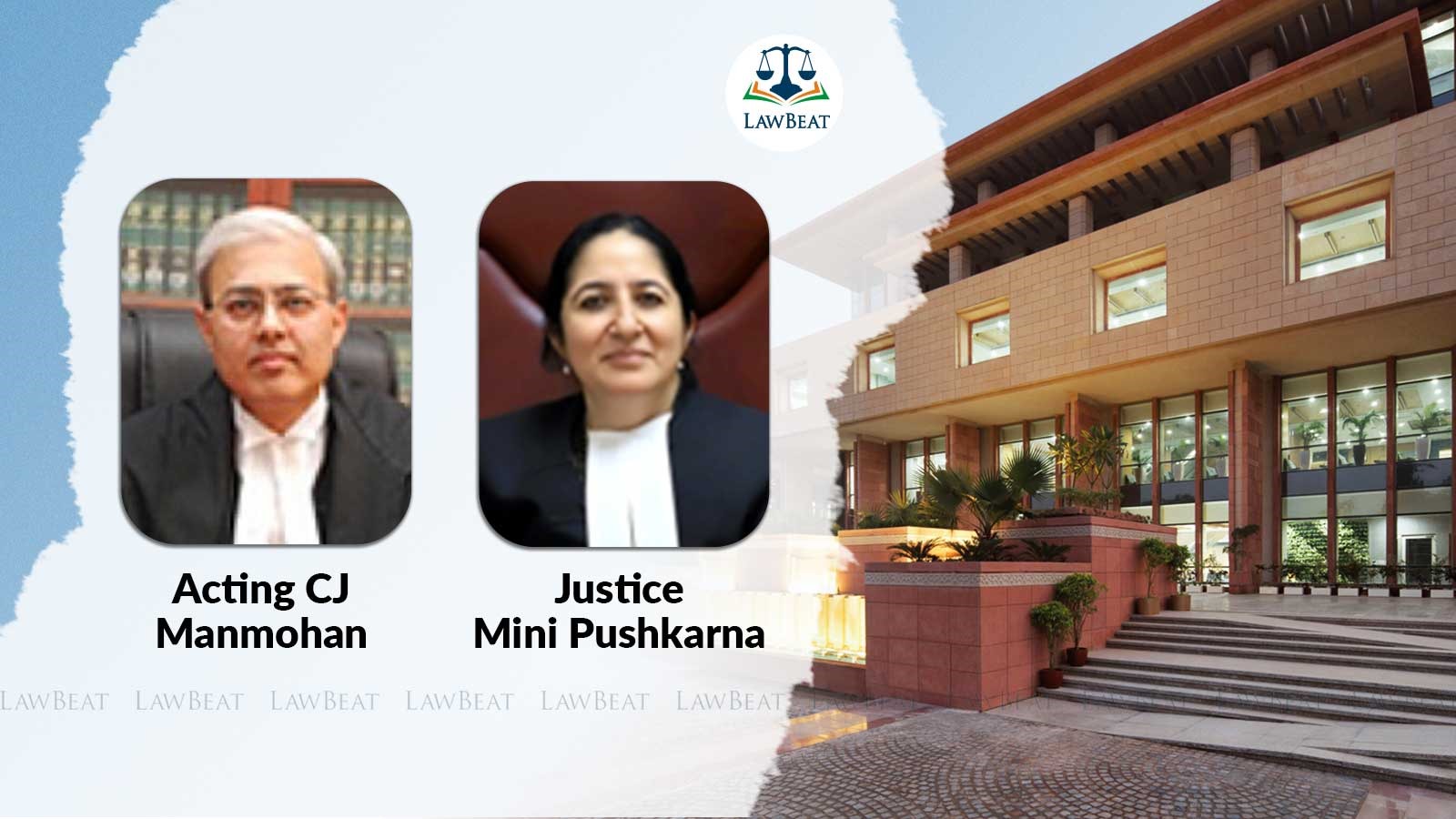Delhi High Court Seeks Pendency Data, Mulls Over Expedited Disposal in Family Courts

The petition underscored the necessity of curtailing unnecessary delays in family court proceedings, emphasizing the importance of adjudicating family disputes promptly
The Delhi High Court has directed its administrative side to provide details regarding the pendency of cases in family courts within the region.
A bench consisting of Acting Chief Justice Manmohan and Justice Mini Pushkarna acknowledged the substantial workload in family courts, expressing concern over the burden on judges.
The court addressed a petition seeking an acceleration of hearings for pending cases in Delhi's family courts.
The plea urged the court to call for amendments to the Delhi Family Court Rules, 1996, and the establishment of effective rules for the expedited resolution of family disputes.
The bench concurred with the petitioner's counsel, Ishan Taneja, emphasizing the need to prioritize fresh matters related to family disputes.
Taneja, represented by advocates Abhinav Bajaj and Prateek Goswami, highlighted the issue of significant delays in the resolution of family or matrimonial disputes across various family courts in Delhi.
The court acknowledged the importance of timely resolutions, with Justice Manmohan providing an example from Mumbai, which has a considerable number of judges dedicated to family courts.
The administrative side of the high court informed the bench that there are presently 28 family courts in Delhi, with a proposal for 10 additional family courts awaiting a decision from the Delhi government.
The court directed the petitioner's counsel to submit their suggestions within three weeks and instructed the administrative side to provide data on the current pendency of family court cases. The matter is scheduled for further hearing on January 18, 2024.
The petition underscored the necessity of curtailing unnecessary delays in family court proceedings, emphasizing the importance of adjudicating family disputes promptly.
It argued that prolonged delays could render relief inconsequential, emphasizing the right to access justice within a reasonable timeframe. The plea called for streamlined processes, including the completion of pleadings and issue settlement within two to three months from the case's initiation.
Case Title: Ishan Taneja v. State of NCT of Delhi & Ors.
